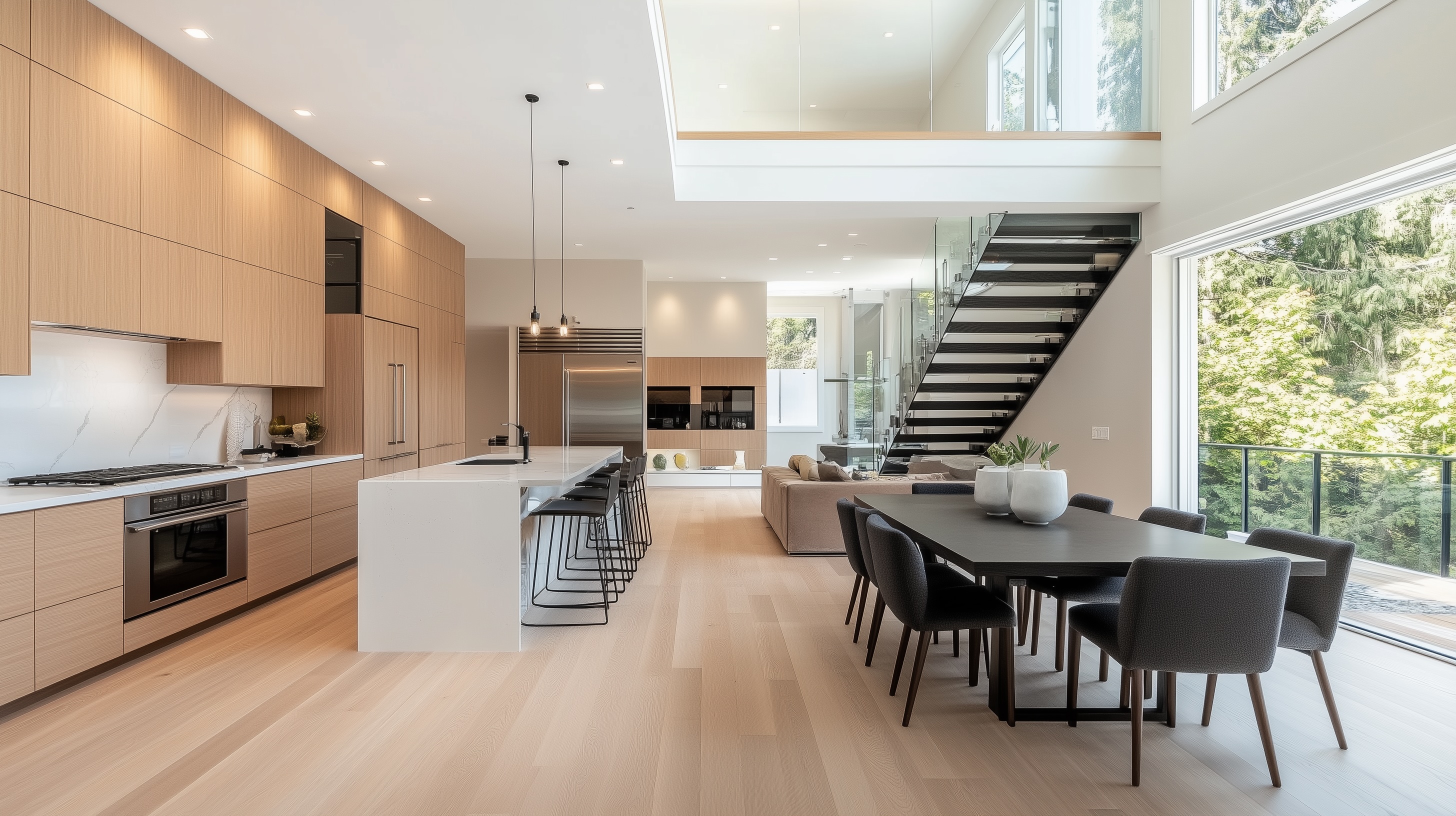The Hidden Value of Pre-Construction Planning: Why It Makes or Breaks Your Custom Home
The Hidden Value of Pre-Construction Planning: Why It Makes or Breaks Your Custom Home
Building your dream home is an exciting journey, but like any great adventure, its success lies in the preparation. At Homes by Westgate, we've learned that the pre-construction phase is where dreams either take flight or stumble. Here's why this crucial planning stage can make or break your custom home project.

Understanding Pre-Construction Planning
Pre-construction planning is more than just drafting blueprints. It's a comprehensive strategy that sets the foundation for your entire building journey. Think of it as creating a detailed roadmap before embarking on a cross-country trip – you wouldn't start driving without knowing your route, and you shouldn't start building without a solid plan.
Key Elements That Define Success
- Detailed Budget Analysis
- Accurate cost estimations
- Buffer allocation for unexpected challenges
- Material cost projections
- Labor cost assessments
- Timeline Development
- Project milestones
- Critical path identification
- Weather considerations
- Supply chain planning
- Design and Engineering Coordination
- Architectural plans review
- Engineering requirements
- Municipal permit coordination
- Site-specific considerations
The Cost of Skipping Pre-ConstructionWhile some might view pre-construction planning as an unnecessary expense, our experience shows otherwise. Here's what can go wrong without proper planning:
- Budget overruns due to unforeseen challenges
- Extended project timelines
- Material delivery delays
- Permit approval issues
- Design conflicts during construction
- Costly mid-project changes
Real-World ImpactConsider our recent project in Vancouver's North Shore: Through thorough pre-construction planning, we identified potential drainage issues before breaking ground. This foresight saved our client approximately $75,000 in what could have been costly mid-construction modifications.The Homes by Westgate ApproachOur pre-construction process includes:
- Comprehensive Site Analysis
- Soil testing
- Environmental assessments
- Utility locations
- Zoning requirements
- Design Development
- 3D rendering visualization
- Material selection
- Systems integration planning
- Sustainability considerations
- Budget Optimization
- Value engineering opportunities
- Cost-saving alternatives
- Quality-focused solutions
- Long-term investment analysis
Making Pre-Construction Work for YouTo maximize the benefits of pre-construction planning:
- Start Early Begin planning 6-12 months before your intended construction start date.
- Be Detailed Document everything, from material preferences to timeline expectations.
- Stay Involved Regular communication with your building team ensures alignment with your vision.
- Trust the Process Allow time for thorough planning – rushing this phase often leads to costly mistakes.
While pre-construction planning requires an upfront investment of time and resources, it typically saves 15-20% of potential overrun costs during construction. More importantly, it provides peace of mind knowing your project is set up for success.ConclusionPre-construction planning isn't just another phase in home building – it's the foundation of a successful project. At Homes by Westgate, we've seen how this crucial step can transform the building experience from stressful to seamless.


%201.png)








































































.jpg)




.jpg)








